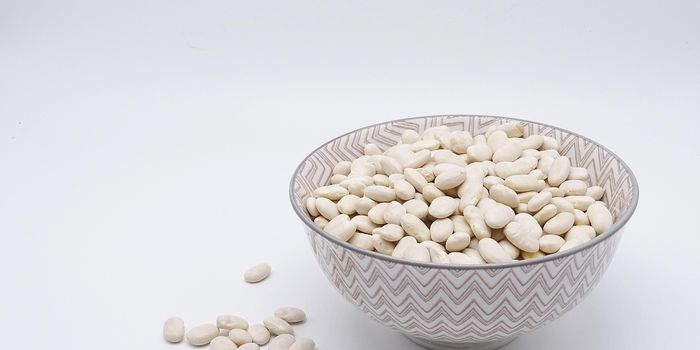Inhaled Aerosol Vaccines More Effective than Nasal Sprays

"This study for the first time provides strong preclinical evidence to support the development of inhaled aerosol delivery over nasal spray for human vaccination against respiratory infections including TB, COVID-19 and influenza," says Zhou Xing, co-investigator of the study and a professor at the McMaster Immunology Research Centre and Department of Medicine.
Over 6.3 million people died worldwide while having COVID-19 during the COVID-19 pandemic. Other respiratory infections, such as tuberculosis, remain significant causes of severe disease and death globally. Developing vaccines that target these conditions is crucial to save lives and prevent their spread.
In particular, researchers are developing vaccine delivery methods that can deliver drugs directly to the mucous lining of the respiratory tract. There are currently two main methods: nasal sprays, which primarily reach the nose and throat, and inhaled aerosols, which bypass the nasal canal and deliver vaccines deep inside the airway.
Previous research has demonstrated that while nasal mist flu vaccines are highly effective in children, they are less so for adults. This has meant that injectable flu vaccines have remained the most popular choice for seasonal flu vaccines.
To see whether inhaled aerosol vaccines could be effective against lower respiratory tract infections, researchers investigated the effects of a tuberculosis vaccine delivered either by nasal spray or inhaled aerosols in a mouse model. In doing so, they found that inhaled aerosols increased biodistribution in the lungs, and improved vaccine-mediated immunogenicity and protection.
"The immune response you generate when you deliver the vaccine deep into the lung is much stronger than when you only deposit that material in the nose and throat because of the anatomy and nature of the tissue, and the immune cells that are available to respond are very different," said Matthew Miller, a co-author of the study who holds the Canada Research Chair in Viral Pandemics at McMaster University.
The researchers are now investigating this vaccine delivery method in a Phase 1 clinical trial involving adults who had previously received two or three doses of the injected COVID-mRNA vaccine.
Sources: Science Daily, Frontiers in Immunology








